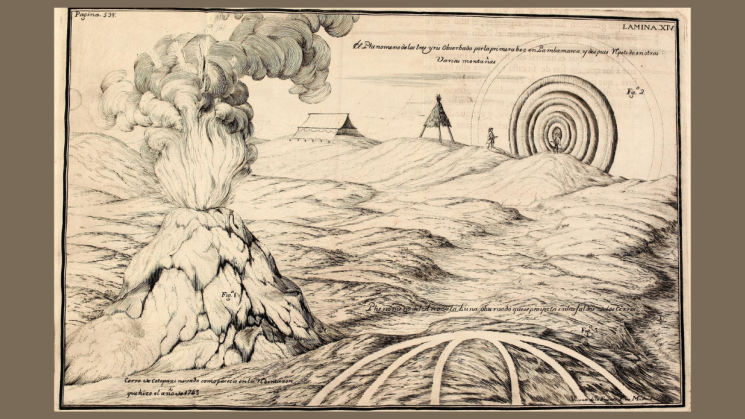Boundaries of Enlightenment: A New Exhibit at the JCB

By José Montelongo, Curator of Latin American Books
On February 24, 1805, all of the civil, military, and religious authorities of the Viceroyalty of Nueva Granada gathered at the Cathedral of Santafé de Bogotá. Among them were a few distinguished visitors—scientists and doctors who had recently conducted a much-needed vaccination campaign. They attended a solemn ceremony where Andrés Rosillo delivered a thought-provoking sermon.
Rosillo pondered how the previous century, which deemed itself "enlightened" yet was an era of blasphemy and insubordination, could contribute to remedying the smallpox epidemic, a disease that had claimed millions of lives in the Americas over three centuries.
Our magnanimous King Charles IV of Spain, proclaimed Rosillo from the pulpit, has sent the vaccine to his American subjects. There are two ways to repay this generosity: obedience to his royal will and readiness to defend the sacred rights of the sovereign.
This ambivalence inspired the exhibition now open at the JCB. The Spanish Crown promoted scientific endeavors, embracing the empirical methods that revolutionized our understanding of the natural world. Yet, the Enlightenment ideals of freedom and equality in political discourse were seen as threats to the status quo.
Through a selection of books, letters, edicts, and pamphlets, this exhibition explores the Boundaries of Enlightenment—countercurrents that preceded and accompanied the emancipation movements in Spanish America.